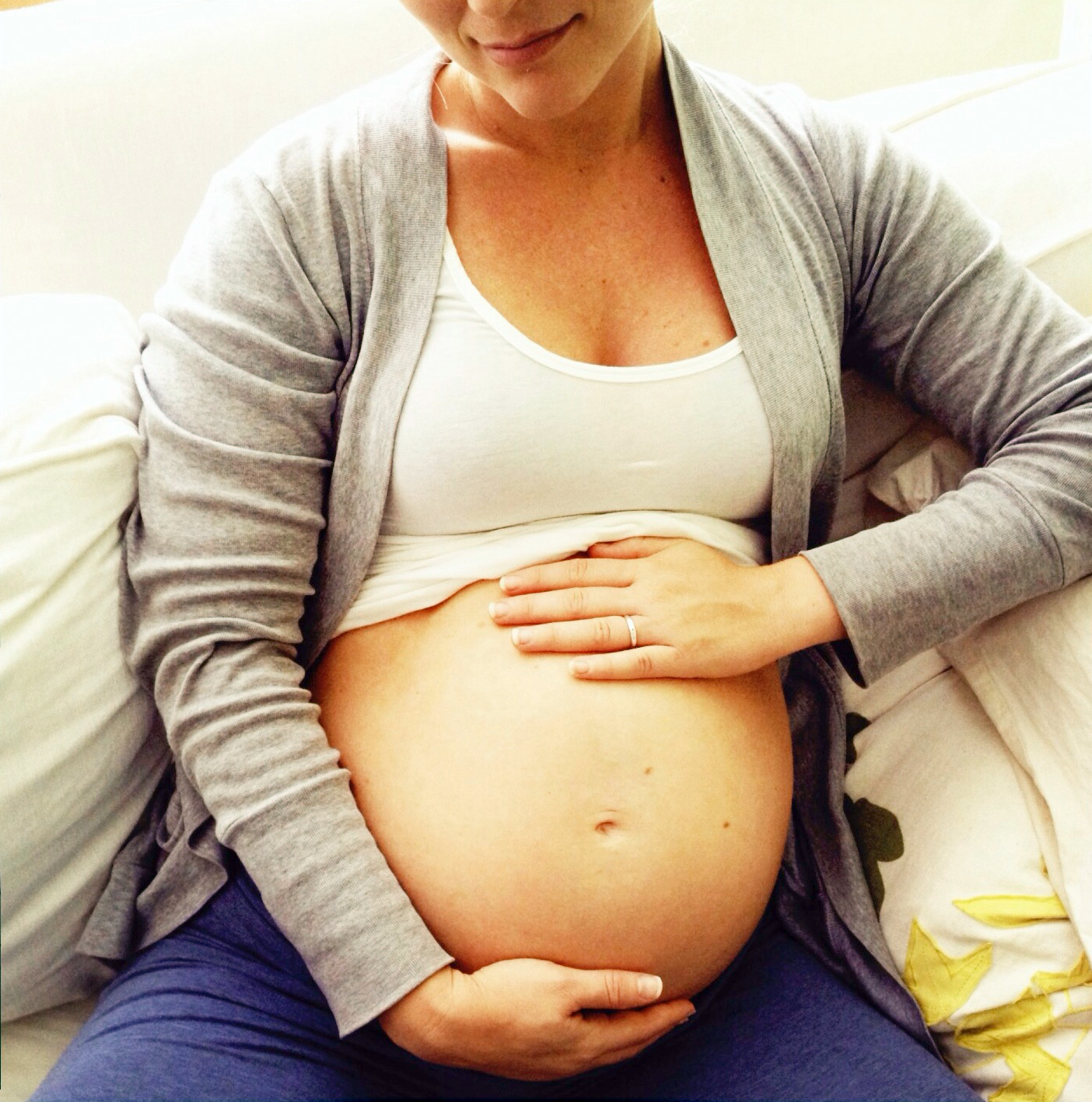Does it seem like there are more visibly pregnant women than ever? Now is the time when you will notice them! More women give birth in the month of September than any other month, followed by August, June and then July. So that makes these next few months high pregnancy months and the early fall are the lowest numbers of pregnancies.
Pregnant women have a higher risk of gum disease during their pregnancy. Pregnancy is a time of changing hormone levels and these fluctuations affect the blood supply to the gums, which can prevent the gum tissue from effectively fighting off infection. This can result in inflamed gum tissue, which looks like swollen, red gums.
Pregnancy gingivitis is often one of the first signs of pregnancy. There are lots of anecdotes of women being asked by their dentist if they were pregnant before scheduling their first visit to the obstetrician!
Pregnancy is not just a time for new gum disease; it can also be a time when existing oral health conditions worsen. So pregnant women who already are prone to gum disease may find the months while they are expecting particularly challenging.
Gum disease, left untreated, can become periodontal disease, an advanced gum condition. Periodontal disease is not just unhealthy for pregnant women; women with untreated periodontal disease have a higher risk of pre-term or low birth weight babies. One more note: a mother with untreated cavities can pass along the cavity-producing bacteria to her newborn.
Pregnant women need to take the following steps:
- Stay current with your dental appointments and cleaning procedures.
- If you are prone to gum disease, increase the number of cleanings during your pregnancy to once every 3-4 months as opposed to twice a year.
- Continue to brush your teeth at least twice a day and floss daily.
- Be vigilant about cleaning carefully right along the gum line.
- Drink water between meals and rinse your mouth out when you cannot brush your teeth.
- If you suffer from nausea, do not brush your teeth right after you vomit. Instead, rinse your mouth out with water and a mouthwash. You may brush your teeth ½ hour after throwing up. This ensures that the acids from your stomach don’t get brushed into your enamel.
- Avoid food that can do damage to teeth and dental appliances like ice, popcorn kernels and sticky treats.
